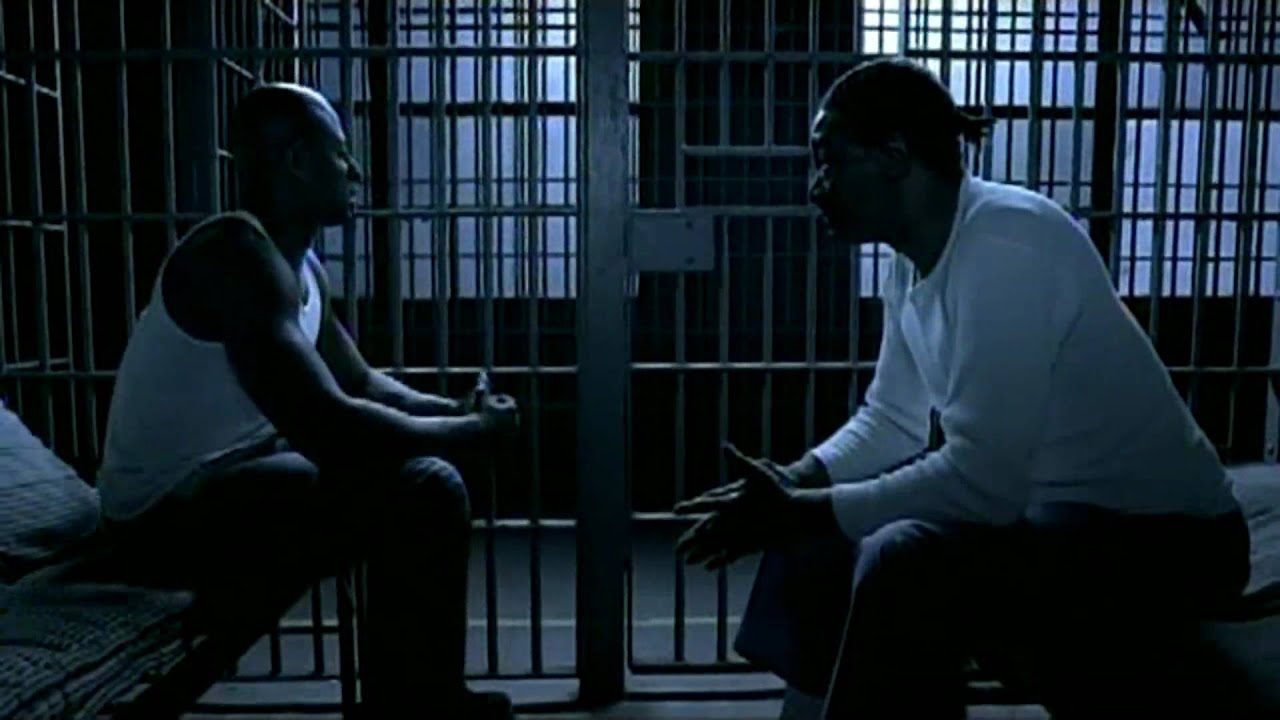
We are all familiar with cover bands, and songs that sound a bit too similar, but there is one young artist who has been taking the heat for “copying” styles, lyricism, or the beat of popular songs by other artists. While there are only so many chords and chord progressions to form songs, and that sound good together Olivia Rodrigo’s music shares quite a few similarities with some other big artist’s songs. This article will explore this talented artist’s experiences with copyright, and claims by people all throughout the industry.
Olivia Rodrigo is known for her fast rise of fame from her hit single Driver’s licence about her costar Joshua Basset who broke her heart, and received copious amounts of hate from pre-teens to grown adults. Rodrigo has had multiple claims against her with claims of similarities in album concepts, lyrics, and how songs sound. The most notable one off of her first album was her song “Good 4 U”, was noticed by fans first that the idea and sound of the song was similar to the Misery Business that was written by a teenage Haley Williams of Paramore. There was a lawsuit following the release of this album and now both Williams and former band mate Josh Farro are listed as co-writer who are given credit for the song and receive millions in royalties every year. While the concept of intellectual property in music has been around for decades, this is not the lawsuit Rodrigo has faced in her debut album.
Before Rodrigo faced Paramore’s lawsuit she faced reality with one of the biggest lyricists in the music industry, taking credit and royalties for two of her songs. Olivia Rodrigo’s team following the success of her album announced they were giving credit to Taylor Swift for the similarity in the song “1 step forward, 3 steps back” by Rodrigo, which Rodrigo stated was based off of the chord progression from “New Years Day” by Swift. This writing credit came out before the album release, but it was overlooked because of how prevalent inspiration across music in general. This song came across more as a homage, but the more shocking one was after the album was released fans begin to notice that the song “Deja Vu” by Rodrigo now had writing credits to Taylor Swift after Swift’s team sought after credit because of alleged similarity in the bridge of Swift’s “Cruel Summer”. This additional writing credit is seemingly harmless, and may just be ultimately positive in terms of attention and promotion of the album, but the real blame should not be on the 18 year old who wrote the kind of music she likes, and the music she uses to express herself. In this case her management might need to work on paying proper homage to similar ideas.

The music was not the only thing that Rodrigo got flak for, the artist got criticism from the singer Courtney Love, who claimed that Rodrigo’s promotional photo shoot of her crying in a prom dress holding dying flowers was a rip off of her1994 album cover “Hole” that featured all of those items. While there was no legal action the artist tweet a sarcastic jab saying “spot the difference”. Olivia responded with “love you and live through this so much”, when it is hard to tell if there is any real unoriginality, or if crying in a prom dress is in fact a common thing. Lastly, on her album fans have noticed that the sequence of “Pump it Up” by singer Elvis Costello is featured in the song Brutal by Rodrigo. While he has public stated he does not mind at all, it is debatable what these “homages”, “coincidences”, or “plagiarisms” truly are there is no doubt that all of these claims came out because of her fast and continually rise to fame and her talent that come with it.
All of these instances from her first album SOUR were not escaped when the release of her second album GUTS, which again was a smash hit album with multiple songs hitting the charts. Many fans accuse Rodrigo of copying other big female artists who also grew in fame in their late teenage years, with teenage pop hits that were well liked. The main song that people saw a lot similarities with was Rodrigo’s “All American B***h”, and Miley Cyrus’s 2008 “Start All Over”. While there was no lawsuit the artist again received criticism. That criticism did not end when the artist later appeared on Saturday Night Live and performed that song, enacting the angst song, while at a tea party and then turning to smash the table wear and cake while singing about societal expectation for her as a woman and as a female artist in the music industry. There were claims that her Creative Director Tarik Mikou, ripped off this idea from other artists on TikTok, whose videos they had liked. Whether or not there is truth to these accusations, Rodrigo has faced far too much criticism, and should not be the one put on the spot for this. As a popular, growing artist there are so many people in charge of this business and managerial side that should have caught this. There is a need to look into the “coincidences”, and examine if this is really a lack of originality or if everything has already been done. With that being said there are many people claiming their originality is being ripped off by Rodrigo.








Maddy, really great thoughts about this hard to tackle question. It’s such a tricky situation when there is so much music already out there and only so many chord progressions you can create. It’s also interesting to think about this issue in the music community in regard to how it persists in the visual arts community. In visual arts, there is no shortage of “rip-offs” or “homages”, but I think how they are received all comes down to intent. Did the artist purposefully try to take another’s work as their own or is it truly just appreciation? I think this would be important to think about with this conversation about Olivia Rodrigo.
Hi Maddy! I am glad you used artists like Olivia Rodrigo primarily because I adore her, and also because bringing light into issues like these are helpful for viewers who may be against rising artists with songs that maybe sound similar to past ones. As an artist, it must be so difficult to produce unique and original music considering music has been evolving and been around for over at least tens of thousands of years. Sometimes I often think to myself how can they make new music if so much of the world has already been using different beats and lyrics. It is not surprising to me that issues like these continue to arise due to the fact that there are millions of artists who most even take inspiration from. Maybe that inspiration gets lost in the artist’s head and the “inspiration” artist begins to become the blueprint for the new one. As for Rodrigo, some of her criticism could be stemmed off jealousy even. She rose to fame quite quickly as her career was firstly set on her appearance in the show “Bizaardvark.” Since then, her role in High School Musical supported her huge music career as now she constantly sells out shows and big arenas. On the other hand, I understand the criticism received by these artists with arguments that they “stole” their music or “copied.” Imagine you spent so long crafting your own tunes and numerous hours writing the perfect lyrics, just for an up and coming artist to use it and gain more fame than you? That is where I see both sides of the issue. Nonetheless, keeping record of what lyrics have been used and what melodies are already in play can seem rather difficult.
With Olivia Rodrigo, it’s evident that people have been realizing something that’s been true for a while. There is more music than ever, there is more art than ever, and there are more people than ever. It is nearly impossible to create something that is not derivative in this day and age. This isn’t an issue most of the time, but when an artist achieves notoriety, their work is inspected in greater detail, which can lead to people having issues. Rodrigo, in this case, is a student of music. She has demonstrated her knowledge by sharing the stage with bands like The Cure, Weezer, No Doubt, and legends like Billy Joel. The issue that I think this article neglects is the line between referencing and plagiarizing. Where do we draw that line, and who, exactly, gets to draw it? We praise artists for knowing their history and understanding their references, then, in the same breath, denigrate them for not being original enough. It’s possible that Rodrigo purposefully copied her peers’ work, but at the end of the day, is there any way to know for sure? I anticipate that we will see increasing amounts of these claims in the artistic sphere, so for everyone’s sake, we need to decide how far artists can take inspiration from others before we object (and if our objection really means anything).
While this article was biased in favor of the artist, your breakdown of Olivia Rodrigo’s struggle with claims of plagiarism makes for a great case study of the modern enigma of intellectual property. Now more than ever it is difficult to produce truly original work, especially in a medium as formulaic as pop music. While arguing that Rodrigo shouldn’t receive as much backlash for her music is subject to debate, the circumstances that cause these claims–and half claims–to dominate her career aren’t, making her a great topic to begin a discussion of how we define modern art ownership.
I can’t help but feel for Olivia Rodrigo. I think her fast track into fame has put her every move under a microscope. While there’s no denying that some of her songs and visuals draw clear parallels to other artists’ work, I think it’s unfair to place all the blame on her. Music and art, in general, are inherently collaborative and iterative. It’s not uncommon for creatives to build on what came before, intentionally or not. Whether it’s the lawsuit with Paramore or Taylor Swift’s team claiming credit, it feels more like a consequence of how intertwined modern music is rather than outright theft. What strikes me most is how much of this criticism stems from her management or team potentially not handling credits and inspirations properly. At the end of the day, art often reflects art, and perhaps we should celebrate that interconnectedness rather than condemn it.
Hi Maddy, Great article! I love Olivia Rodrigo, and she was actually my top Spotify artist this year. I’m a bit familiar with the “copying” accusations surrounding her style and have noticed some similarities in songs like Good 4 U and Deja Vu. However, I believe taking inspiration from other songs is perfectly fine. I understand the concept of giving credit and royalties, but there’s so much music out there that it’s hard to create something entirely original. Good 4 U is one of her best songs, and it wouldn’t exist without Paramore. Still, I don’t think Rodrigo deserves hate or blame for drawing inspiration from other artists. She has built a very successful career, and that success doesn’t come from simply plagiarizing others. Olivia is original and loved by many, including myself. I wasn’t aware of the album cover inspiration, but it’s not uncommon for artists to take inspiration from other covers or photos. For instance, Sabrina Carpenter, who’s often compared to Olivia Rodrigo, also drew inspiration from another photo for her Short n’ Sweet album cover. Yet, Sabrina didn’t face the same backlash Olivia did, which shows a bias. Some people unfairly view Olivia as an unoriginal artist who plagiarizes most of her work.
Prior to reading this article, the only similarity I had heard about between Olivia Rodrigo’s songs and other famous artists was “Good 4 You” being similar to “Misery Business” by Paramore. I do think that Rodrigo is a teenager trying to grow in the music industry and is not solely at fault for any similarities or overlap between songs. I think that growing up hearing many of these songs can indirectly influence the creation of her personal music, especially if they are popular or meaningful. Although I do not think that Rodrigo should be the sole person held responsible for these similarities and plagiarism, she also had numerous opportunities to check her music with multiple people or focus groups to see if people found a large overlap between songs. She could have also put more effort into asking her managerial team to check her music thoroughly before it was released. That being said, I do think more of the responsibility is for the many people working for Rodrigo to help make her a success and produce popular music. From her producers to her manager, there should have been someone on her team to plagiarize check her music and find any discrepancies before the songs were released. Despite any potential plagiarism between Olivia Rodrigo’s music and other popular songs, she continually produces hit songs and should be recognized as a star in the music industry.
Elvis Costello weighs in on the matter in the last few paragraphs of this article: https://www.vanityfair.com/style/story/elvis-costello-on-his-97-song-collection